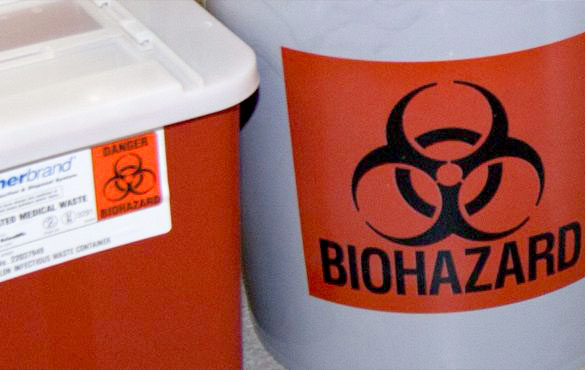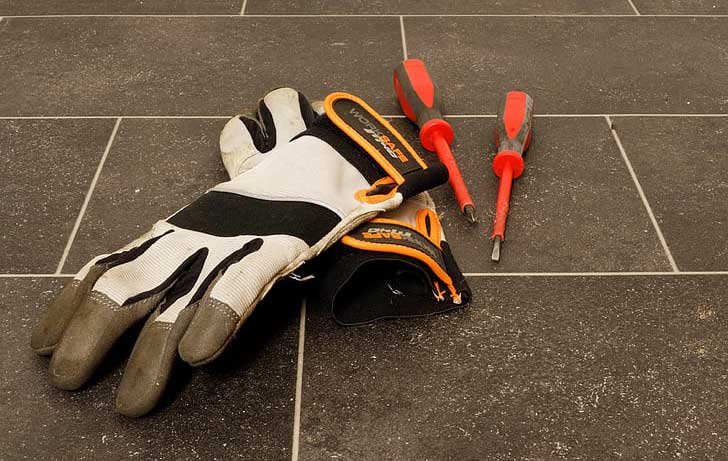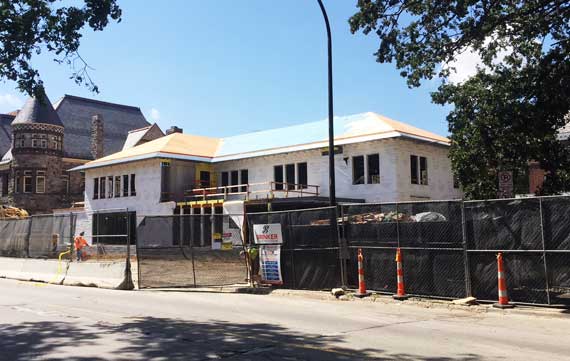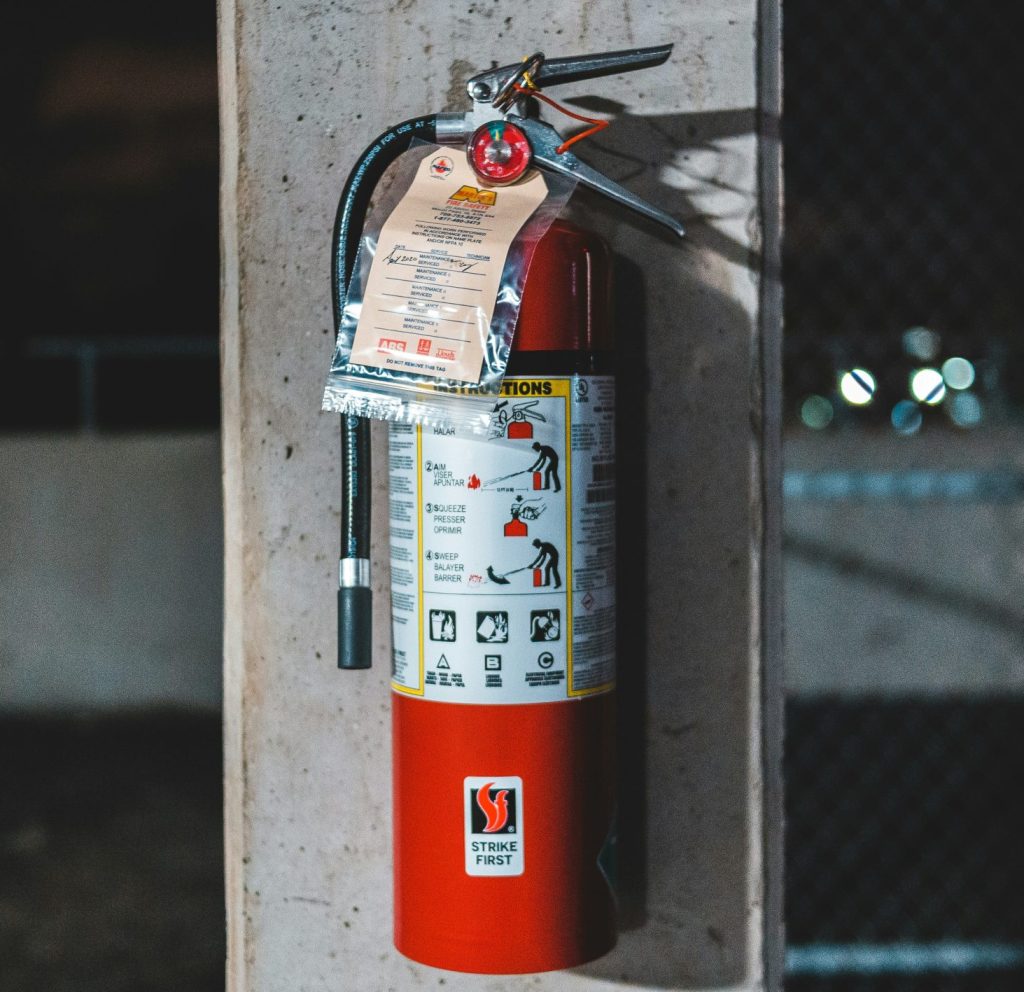Air
Environment, Health & Safety (EHS), Environmental Permitting and Planning (EP3) manages air permits and emission limits for University of Michigan (U-M) and is the liaison with state and federal regulators regarding all air quality issues. Rule 201 of the Michigan Air Pollution Control Rules requires a person to obtain an approved Permit to Install for any potential source of air pollution. The need for a permit depends on the equipment function, size, and fuel type. At U-M, examples include:
- Coating application booths
- Boilers
- Generators
- Sterilizers
- Processes that may emit air pollution
Contact EHS, EP3 if a new emissions source, such as the ones listed above, are being installed to review the Michigan Department of Environment, Great Lakes, and Energy: Air Quality Division – Part 2 Air Use Approval Rules.

Rules:
- EPA Boiler Notification Requirement – On all projects, regardless of the need for a permit, the Project Manager must contact EHS-EP3 at least one (1) week prior to any boiler start-up (new or modified) to ensure that the U-M complies with 40 CFR Part 63 Subpart DDDDD by submitting an initial notification to the EPA within 15 days of start-up.
- National Emission Standards for Hazardous Air Pollutants for Major Sources: Industrial, Commercial, and Institutional Boilers and Process Heaters. – 40 CFR Part 63 Updated posting of Major Source Boiler MACT, January 2013.
Rules:
- National Emissions Standards for Hazardous Air Pollutants (NESHAP) – Subpart ZZZZ Requirements for Stationary Reciprocating Internal Combustion Engines (RICE)
- New Source Performance Standards (NSPS) – Subpart IIII Requirements for Stationary Compression Ignition Internal Combustion Engines
- New Source Performance Standards (NSPS) – Subpart JJJJ Requirements for Stationary Spark Ignition Internal Combustion Engines
Resources:
Rule: EGLE General Permit to Install for Ethylene Oxide Sterilizers. Contact EHS-EP3 if ethylene oxide sterilization is being planned. An air permit will be needed before purchasing equipment.
Purpose: To reduce EtO emissions to the atmosphere by at least 99.9%.
Resources: EGLE Permit Applicant Guidance
Rule: Section 608 of the Clean Air Act Amendments and the requirements of 40 CFR Part 82, Subpart F
U-M minimizes the release of ozone –depleting substances through its Refrigerant Management Program (RMP). The RMP:
- Recycles ODS
- Minimizes the release of ODS to the ambient air by servicing, repairing, maintaining, and disposing of refrigeration containing equipment
- Maintains proper records of refrigerant consumption, technician training, and recycling and recovery equipment certification NOTE: To dispose of refrigerants containing equipment, go to the Refrigerants Web page located under Hazardous Waste.
- Ensures proper repairs are made for units with significant leak rates
Refrigerant Management Program Forms
- Change – Add – Delete Equipment Request Form
- U-M HVAC RCM Contractor Input Form
- U-M HVAC Refrigerant Equipment Input Form 1A
- RCMS Service Order Form 2C
- Contractor Refrigerant Acquisition and Disposal Form 2C
References: U-M F&O Services Mechanical Systems/ Air Conditioning Department





